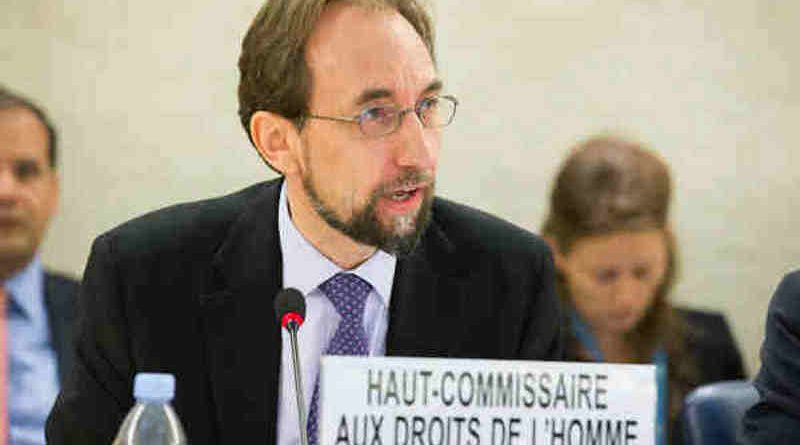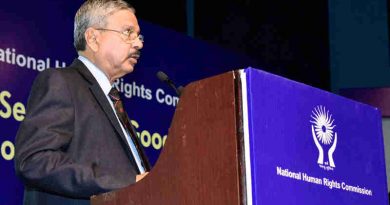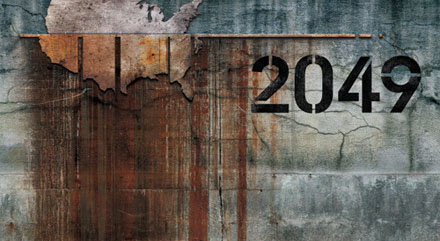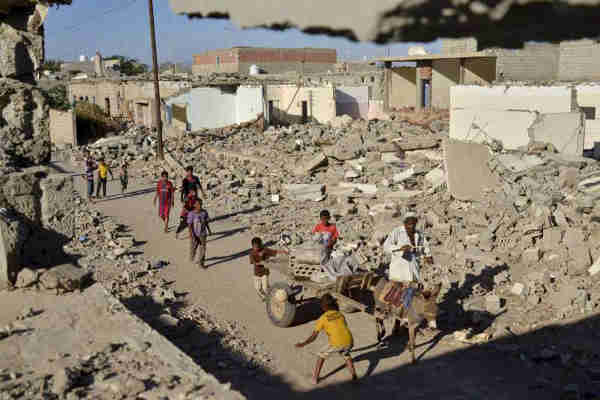Rule of Law Under Siege in the Maldives: UN Human Rights Experts

The detention of two Supreme Court judges in the Maldives is an attack on the independence of the judiciary and undermines the court’s ability to work freely and effectively, a group of United Nations human rights experts warned Monday.
“The independence of the judiciary is under serious threat, along with the principle of separation of powers between the State and the courts,” the experts said in a joint statement.
“This direct attack on the Supreme Court undermines its legitimacy and independence, and casts serious doubt on its ability to protect constitutional principles and to uphold human rights and fundamental freedoms.
[ Global Democracy Index: India Is a Flawed Democracy under PM Modi ]
The State of Emergency was declared in the Maldives on 5 February in response to a decision by the Supreme Court to order the release and retrial of nine political leaders, and to reinstate 12 suspended opposition Members of Parliament.
“It is clear that the rule of law in the Maldives is now under siege. We call on the government to refrain from any threats or interference that may hamper the court’s independence as the supreme guardian of the country’s constitution and legislation,” the experts said.
[ Yashwant Sinha Leads Political Coup to Dethrone PM Modi ]
They stressed that judicial independence was enshrined in the national constitution as well as in international human rights treaties, and had to be guaranteed by the State.
Earlier, the UN High Commissioner for Human Rights Zeid Ra’ad Al Hussein had said that the declaration of the State of Emergency in the Maldives by President Abdulla Yameen and the resulting suspension of constitutional guarantees have swept away the checks and balances and separation of powers necessary in any functioning democracy.
One of the experts, Diego García-Sayán, Special Rapporteur on the independence of judges and lawyers, highlighted the group’s concerns over the possible motivation behind the detentions.
[ Emergency in Maldives Is Assault on Democracy: UN Human Rights Chief ]
“The timing of the arrests, five days after the Supreme Court had ordered the release and retrial of nine opposition leaders including former President Mohamed Nasheed, is at best suspicious,” he said. “This constitutes an intolerable act of intimidation against the highest judicial authority in the country.”
Following the arrest of Chief Justice H.E. Abdulla Saeed and Ali Hameed Mohamed – shortly after the government declared a state of emergency – the three remaining Supreme Court judges overturned the order to free the nine leaders.
[ Download: Consultative Paper on Political Reforms in India ]
Another of the experts, José Guevara, Chair-Rapporteur of the Working Group on Arbitrary Detention, said: “We are deeply concerned that the alleged arbitrary arrest and detention of the two justices is now affecting the work of the other judges.
“Judges should decide all matters before them impartially, on the basis of facts and in accordance with the law. This is not possible when their very liberty and security is threatened.”
The UN experts have been in contact with the government regarding their concerns.






